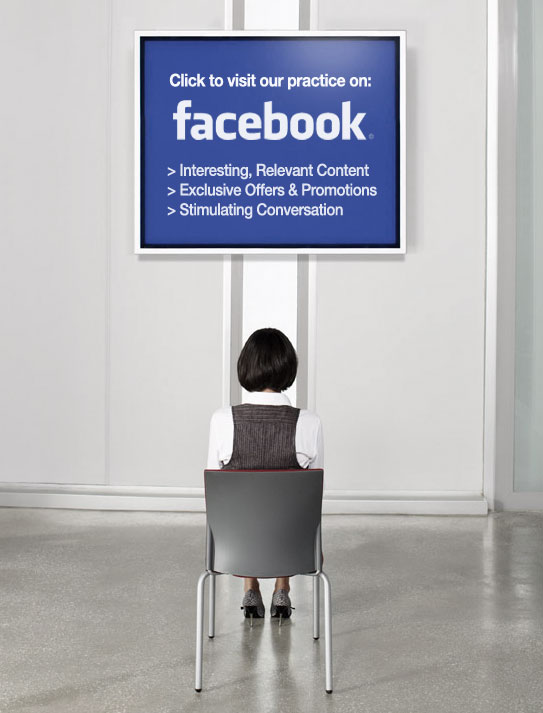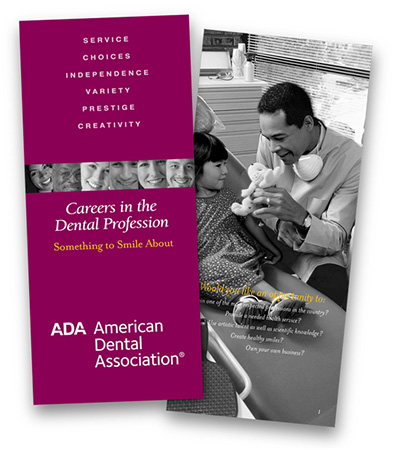IF YOU’RE LIKE OUR OTHER PATIENTS HERE AT OUR PRACTICE, you want to take the very best care of your heart, right? Of course! Well, did you know that your lowly toothbrush ranks right up there with your gym membership when it comes to keeping your heart healthy? It’s true! There are a number of recent studies that suggest gum disease—and other oral health issues—are DIRECTLY related to heart problems.
In a recent American Academy of Periodontology study, it was reported that people who have periodontal disease are nearly twice as likely to have heart disease. Another study found that common oral health problems, including missing teeth, gingivitis, and/or cavities areas good at predicting heart disease as are bad cholesterol levels!Crazy, huh!?
While there’s still a LOT MORE to learn about these connections, the evidence seems to be mounting each year. Bacteria can enter your bloodstream through your gums, and then get clumped up in your arteries. One theory suggests that they stick to the fatty plaques in your bloodstream, directly contributing to blockages.There are other theories that revolve around your body’s defenses against bacteria, including the natural response of inflammation. Oral bacteria traveling through your bloodstream can cause blood cells to swell, which can lead to narrowing of arteries and clot risks.
Though the EXACT relationship between cardiovascular disease and periodontal disease is still unclear, today’s research continues to conclude that there’s definitely a connection. This DOESN’T mean you can ignore all of the other things you can do to keep your heart healthy, and just focus on brushing! Keep eating healthy foods, exercise regularly, and take care of risk factors like diabetes, high cholesterol, or high blood pressure.
And, since it’s SO EASY to clear up any periodontal disease problems with Drs. Bradley and Dr. Boswell’shelp, why not take advantage? Your oral and overall health will thank you. EARLY DETECTION goes a long way in preventing problems in the future.
If you have any questions, feel free to ask!We love visiting with you—our friends and patients.










